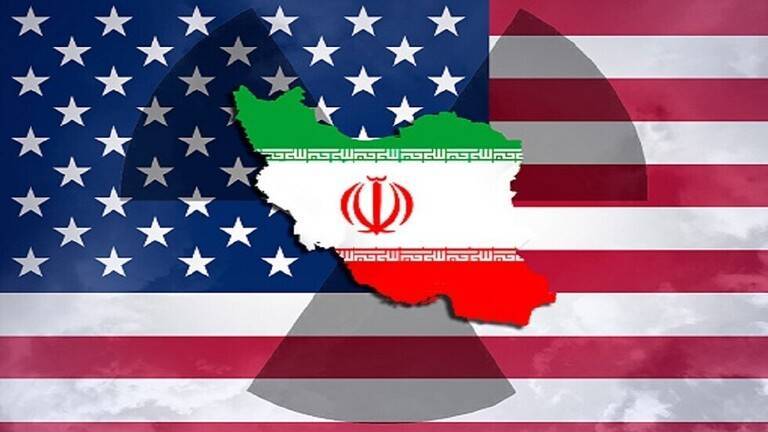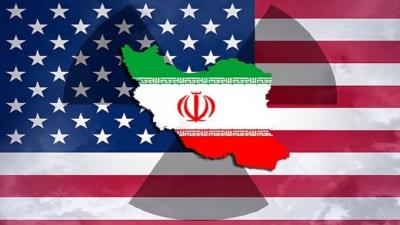After a months-long hiatus, Iranian nuclear negotiations resumed on Tuesday in Qatar, limited to Tehran and Washington, which are negotiating through the European Union's Foreign Policy Commission. This follows a period of tension often accompanied by discussions of reaching a final agreement in recent months, as the condition of removing the Iranian Revolutionary Guard from U.S. terrorism lists has been a significant barrier to achieving a final agreement, according to various reports. Tehran has repeatedly asserted that the negotiations had stalled earlier because "Washington has not responded to our proposals yet, and if it moves away from its erratic position, we could successfully conclude the negotiations and agreements. The lack of response from Washington to Iran's proposals and European parties has hindered progress," reminding that Iranian authorities refuse to limit outstanding issues in negotiations to the Revolutionary Guard, emphasizing, "We must secure the minimum of our interests from the agreement; this is our fixed position."
This morning, the Iranian embassy in Qatar announced the arrival of Iran’s chief nuclear negotiator, Ali Bagheri Kani, along with the Iranian negotiating delegation in Doha, as Tehran previously revealed its choice of Qatar as the venue for this new round of talks with global powers concerning its nuclear agreement. Additionally, the U.S. embassy in Doha disclosed today that "U.S. Special Envoy for Iran Robert Malley met with Qatari Deputy Prime Minister and Foreign Minister Mohammed bin Abdulrahman Al Thani, discussing the strong partnership between the United States and Qatar and their joint diplomatic efforts regarding Iran," noting that Iran has stressed that the outstanding issues for completing the nuclear agreement are solely related to the American side, whereas discussions with the European side are concluded.
Many media speculations suggest that this round of negotiations will not be prolonged due to the limited outstanding topics to be discussed, indicating that the outcome will be either an agreement or no agreement. For its part, Qatar welcomed hosting this round of indirect talks between the United States and the Islamic Republic of Iran in Doha this week, under the auspices of the EU Coordinator.
The Qatari Foreign Ministry confirmed its complete readiness to provide an environment conducive for all parties to succeed in dialogue, expressing Doha's hope that this round of indirect talks will yield positive results that contribute to reviving the nuclear agreement signed in 2015, thereby supporting and enhancing security, stability, and peace in the region and opening new avenues for broader regional cooperation and dialogue with the Islamic Republic of Iran.
Iranian delegation advisor in the nuclear negotiations, Mohammad Marandi, previously clarified in a press statement that "the resumption of negotiations does not mean that an agreement is imminent; it depends on the American will," emphasizing that "Washington has not yet made the necessary decision to reach an agreement, and the outstanding issues in the negotiations are rights and technical matters, including lifting sanctions and providing guarantees."
In a related context, Iranian Foreign Ministry spokesman Saeed Khatibzadeh stated that Iran will focus during the next round of negotiations on outstanding issues related to lifting sanctions rather than nuclear dimensions. Khatibzadeh said: "We will not negotiate on nuclear issues that were discussed in Vienna; rather, we will focus on outstanding points related to the removal of sanctions on the country," considering that the resumption of negotiations "comes after Iran demonstrated a serious response to irrational American actions."
The website "Politico" quoted a U.S. official familiar with the nuclear negotiations with Iran, stating that "expectations are extremely low" for the talks, which are expected to be mediated by European officials, as Iran refuses to engage directly with the United States. Most discussions around reviving the deal were held in the Austrian capital, Vienna, but have been stalled since March.




